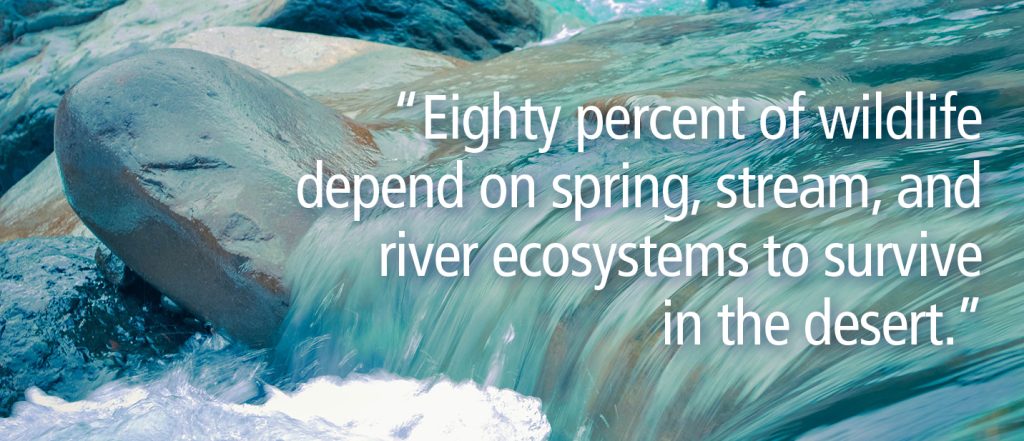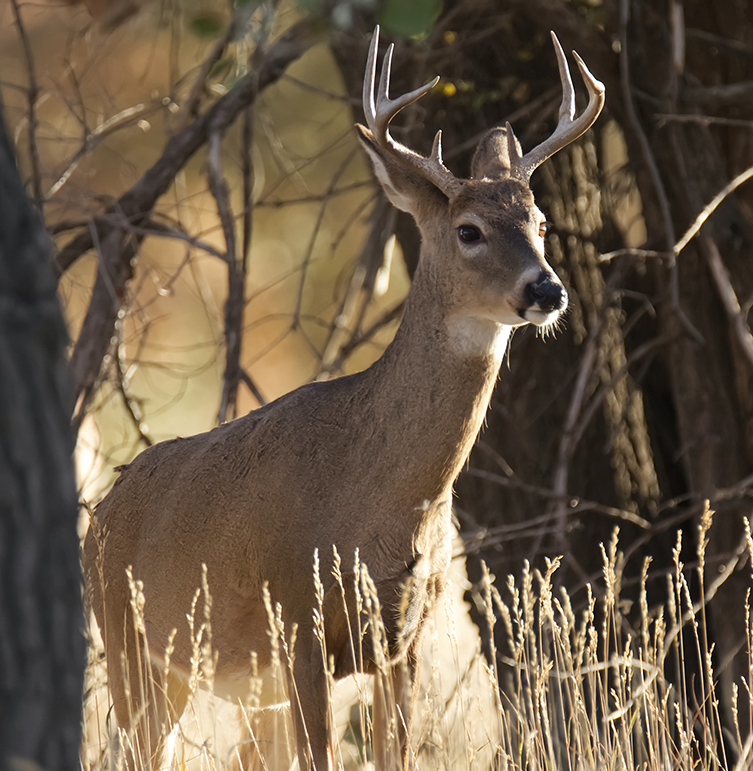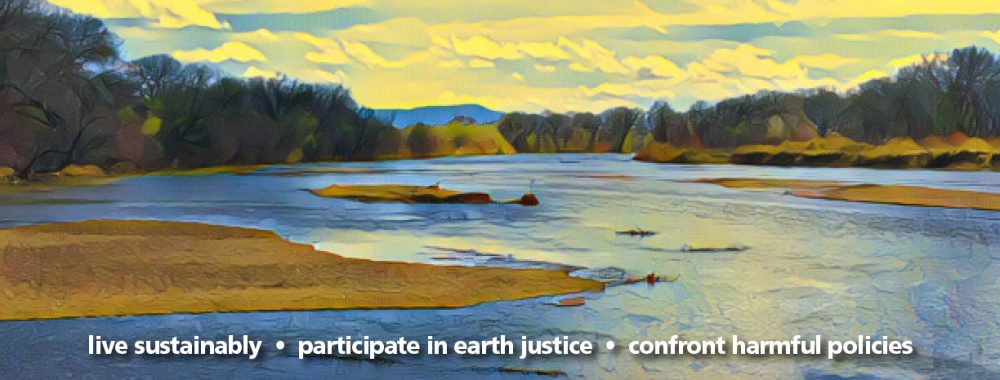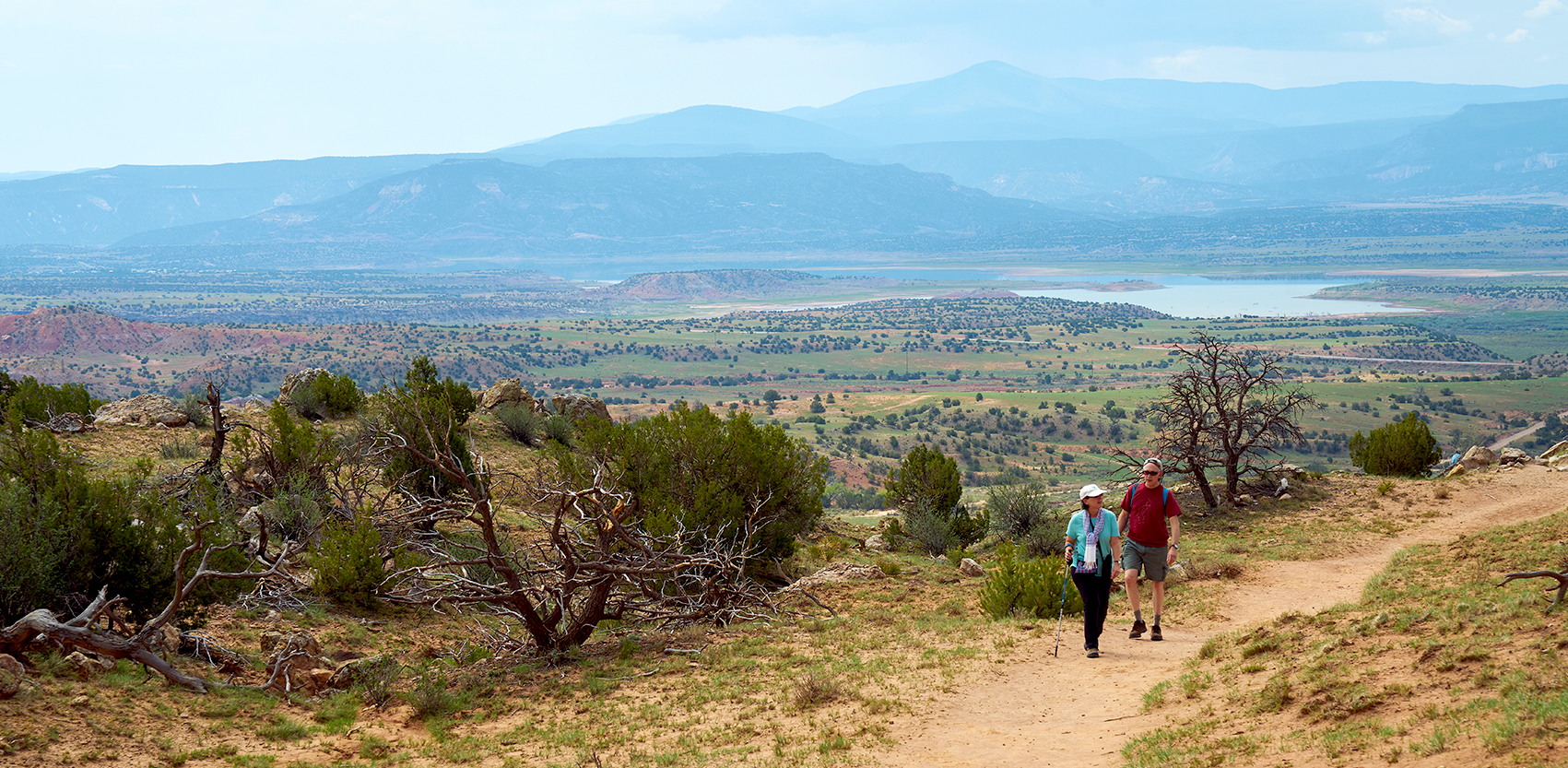
It is the hunting season, but the approach to how we go about hunting or harvesting animals, medicinal plants, or any living thing can be quite different depending on the culture we adhere to. For example, when hunting deer, there is a temptation to take the first or the biggest. A pueblo person might take a different approach, letting the first one pass; if it is meant to be, another will come along. This makes sure that there will be others to reproduce in the future. Or maybe not take the biggest, leaving that for others in the community or for reproduction. Every part of the deer is seen as a gift and used by the community.

Harvest is meant to be shared; it is not for us individually. When we think from the point of scarcity, we miss the ebb and flow and are inclined to hoard. Nature’s cycle has times of abundance and scarcity. That is how nature works. The system as a whole keeps the balance.
Growing up with pueblo ways, you respect all life and recognize the interdependency of land, air, and water as essential to life. There is always the potential that we don’t know how we effect the environment. Humanity has great power, but this comes with great responsibility and the need to be mindful. Our power can do good and also make mistakes. For example, there are impacts by structures we create, such as dams. (See Issue 8, Elephant Butte Dam)
Sustainability is an all-encompassing word, but when the word is broken down to the actions of respect, balance, gratitude, they have a similar number of syllables and remind us of the process that will ultimately sustain us.
Phoebe Suina shared pueblo insights which made this article possible.

